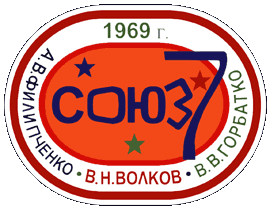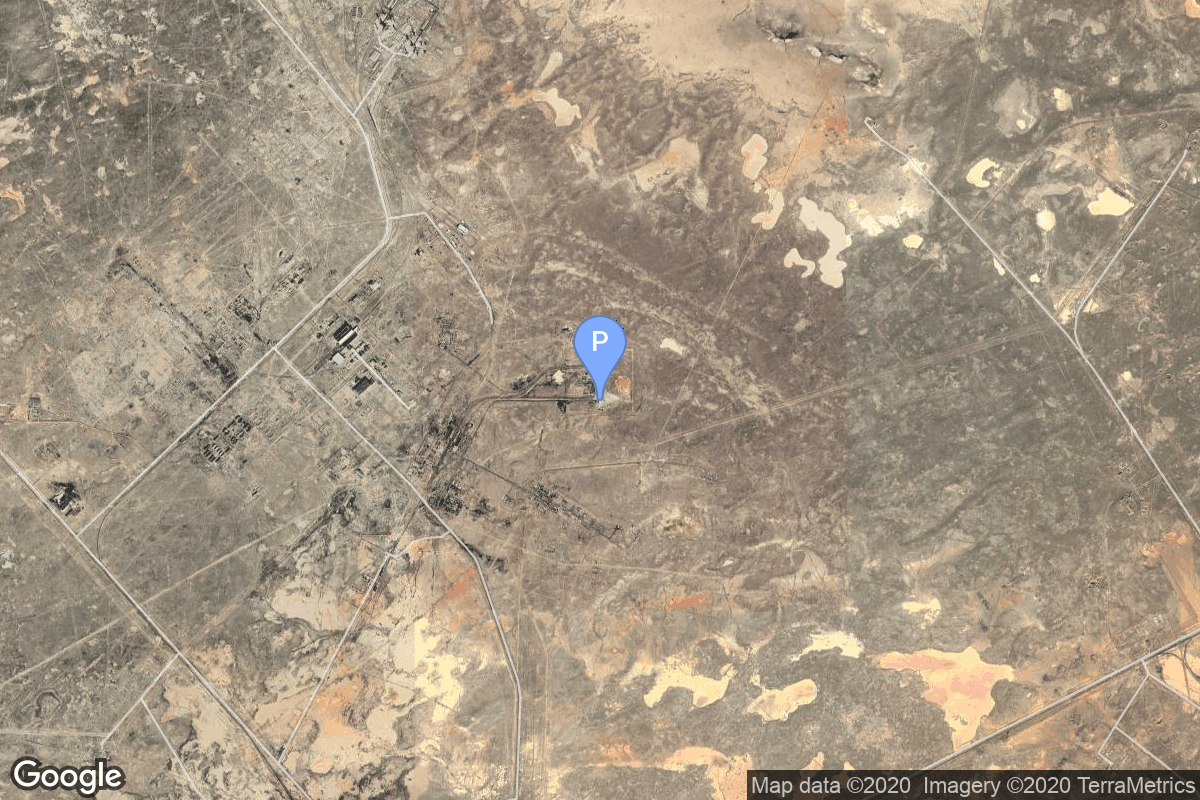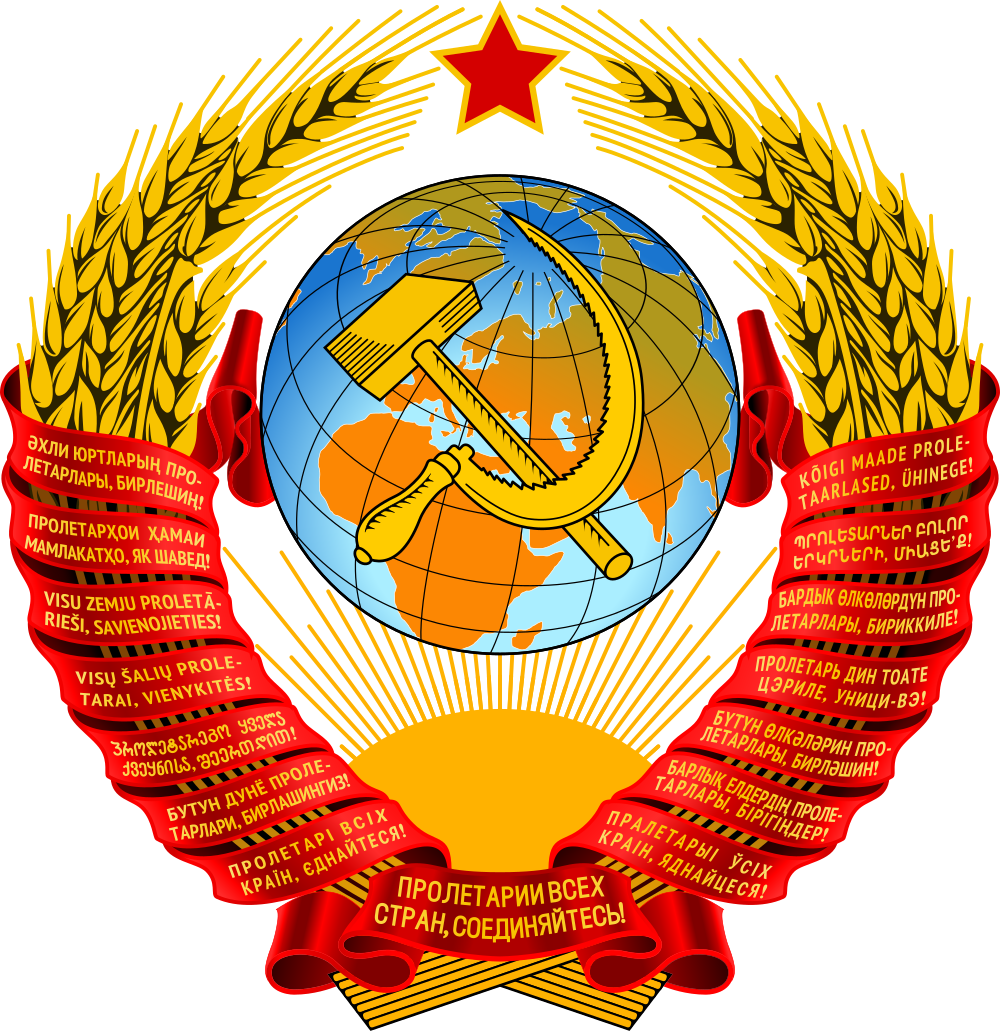Soyuz 7
Soyuz
Soviet Space Program
Crew
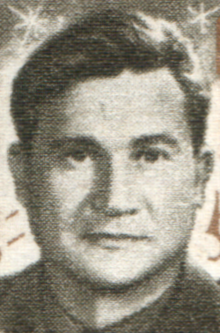
Anatoly Filipchenko
- Birthday: 02/26/1928
- Role: Commander
- Nationality: Russian
- First Flight: 10/12/1969
- Last Flight: 12/02/1974
Anatoly Vasilyevich Filipchenko (Russian: Анато́лий Васи́льевич Фили́пченко; born February 26, 1928) was a Soviet cosmonaut of Ukrainian descent. He flew on the Soyuz 7 and Soyuz 16 missions. He was born in Davydovka, Voronezh Oblast, RSFSR.
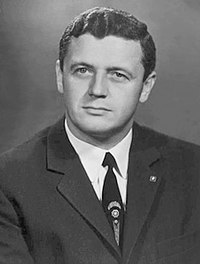
Vladislav Volkov
- Birthday: 11/23/1935
- Role: Flight Engineer
- Nationality: Russian
- First Flight: 10/12/1969
- Last Flight: 06/06/1971
Vladislav Nikolayevich Volkov (Russian: Владисла́в Никола́евич Во́лков; November 23, 1935 – June 30, 1971) was a Soviet cosmonaut who flew on the Soyuz 7 and Soyuz 11 missions. The second mission terminated fatally.
Volkov, on his second space mission in 1971, was assigned to Soyuz 11. The three cosmonauts on this flight spent 23 days on Salyut 1, the world’s first space station. After three relatively placid weeks in orbit, however, Soyuz 11 became the second Soviet space flight to terminate fatally, after Soyuz 1.
After a normal re-entry, the Soyuz 11 capsule was opened and the corpses of the three crew members were found inside. It was discovered that a valve had opened just prior to leaving orbit that had allowed the capsule’s atmosphere to vent away into space, causing Volkov and his two flight companions to suffer fatal hypoxia as their cabin descended toward the earth’s atmosphere.
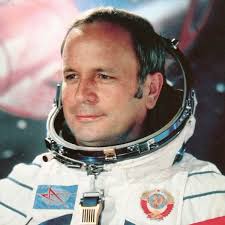
Viktor Gorbatko
- Birthday: 12/03/1934
- Role: Research Engineer
- Nationality: Russian
- First Flight: 10/12/1969
- Last Flight: 07/23/1980
Viktor Vasilyevich Gorbatko (Russian: Ви́ктор Васи́льевич Горба́тко; December 3, 1934 – May 17, 2017) was a Soviet cosmonaut who flew on the Soyuz 7, Soyuz 24, and Soyuz 37 missions.
Mission
Soyuz 7
- Type: Human Exploration
- Orbit: Low Earth Orbit
Soyuz 7 was a joint mission with Soyuz 6 and Soyuz 8 that saw three spacecraft in orbit together at the same time. The mission was to dock with Soyuz 8 and transfer crew. Docking to Soyuz 8 failed so the mission was aborted. The mission was Commanded by Anatoly Filipchenko, Flight Engineer Vladislav Volkov, and Research Engineer Viktor Gorbatko.
Location
Rocket
Russian Federal Space Agency (ROSCOSMOS) Soyuz
Agency
Soviet Space Program
The Soviet space program, was the national space program of the Union of Soviet Socialist Republics (USSR) actived from 1930s until disintegration of the Soviet Union in 1991.
The Soviet Union’s space program was mainly based on the cosmonautic exploration of space and the development of the expandable launch vehicles, which had been split between many design bureaus competing against each other. Over its 60-years of history, the Russian program was responsible for a number of pioneering feats and accomplishments in the human space flight, including the first intercontinental ballistic missile (R-7), first satellite (Sputnik 1), first animal in Earth orbit (the dog Laika on Sputnik 2), first human in space and Earth orbit (cosmonaut Yuri Gagarin on Vostok 1), first woman in space and Earth orbit (cosmonaut Valentina Tereshkova on Vostok 6), first spacewalk (cosmonaut Alexei Leonov on Voskhod 2), first Moon impact (Luna 2), first image of the far side of the Moon (Luna 3) and unmanned lunar soft landing (Luna 9), first space rover (Lunokhod 1), first sample of lunar soil automatically extracted and brought to Earth (Luna 16), and first space station (Salyut 1). Further notable records included the first interplanetary probes: Venera 1 and Mars 1 to fly by Venus and Mars, respectively, Venera 3 and Mars 2 to impact the respective planet surface, and Venera 7 and Mars 3 to make soft landings on these planets.
